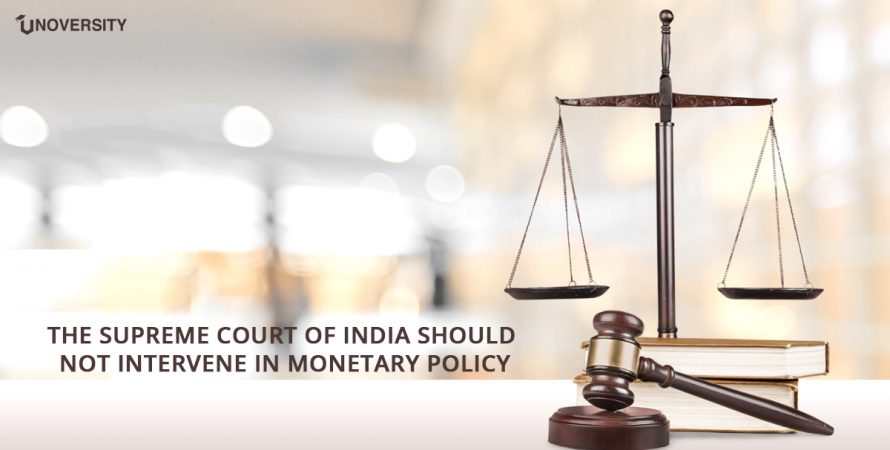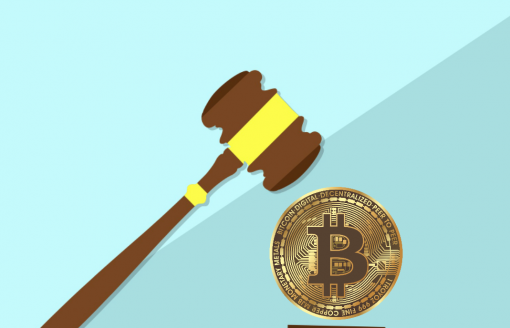India’s central bank- The Reserve Bank of India has filed an affidavit with the country’s supreme court in reply to one of the petitions against its cryptocurrency banking ban. The RBI holds that it has acted within its power and that none of the petitioners have given reasonable grounds for the supreme court to intervene.
The Supreme Court of India was listed to hear arguments from all of the petitions against the cryptocurrency banking-support ban by the Reserve Bank of India. This case was deferred the second week in a row from the original hearing date of September 11th, the court is now listed to hear the case on September 25th, 2018.
In reply to a petition filed by the Internet and Mobile Association of India (IAMAI), the RBI registered an affidavit with the supreme court on September 8th. CryptoKanoon, an Indian news platform for Blockchain regulatory news & analysis, was able to acquire a copy of it and made a video sharing the most important counter-arguments made by RBI.
#RBI filed Counter Affidavit in Supreme Court and stated many interesting points:
There is no complete ban on VCs.
RBI not against Blockchain.
RBI has done its homework before issuing circular.And many more…
Watch complete analysis here https://t.co/bFE88ikdsc
— Crypto Kanoon (@cryptokanoon) September 16, 2018
RBI Argued Supreme Court Should Not Intervene With Its Crypto Decision In its affidavit, the RBI argued that the IAMAI petition, along with other petitions challenging its ban, “is not maintainable either in law or on facts and, hence, liable to be dismissed as such,” the publication entered.
Since the RBI issued its April 6th circular banning banks from giving services to crypto businesses, a number of petitions have been filed against the ban. They claim that the central bank’s move “violates Articles 19 (1) (g) and 14 of the Indian Constitution,” which “will lead to the closure” of interested firms. However, the RBI detailed in its affidavit:
The impugned circular and the impugned statement neither violate the right to equality guaranteed under Article 14 or the right to trade and business guaranteed under Article 19 of the Constitution…The petitioner cannot seek to exercise the extraordinary jurisdiction of this Hon’ble Court to avail a right which they do not have.”
RBI’s answer further reads, “There is no statutory right, much less an infringed one, available to the petitioner to open and maintain bank accounts to trade, invest or deal in virtual currencies.” In addition, the central bank said IAMAI and others “haven’t got any reasonable or tenable ground for interference by this court.”
“Unlike a currency which is defined as something that can be a medium of exchange, a store of value and a unit of account,” the RBI bank said that cryptocurrencies, “given their volatility, lack of intrinsic value and low adoption, satisfy none of these criteria.” Maintaining that “Their value is merely derived from the parties to a transaction willing to pay a particular amount” for them, the RBI maintained.
The central bank also asserted that about the fear that it has on cryptocurrencies.The first ever cryptocurrency created, Bitcoin, was created with one important feature – anonymity. And because of their anonymous nature cryptocurrencies can be utilized for illegal activities such as terrorist funding, cyber attacks and so on.
It also argues that while exchanges do KYC, how does one know where the funds are being transferred from the exchanges due to the anonymous nature of cryptocurrency transfers?






Tax notices sent to bitcoin traders in Jan